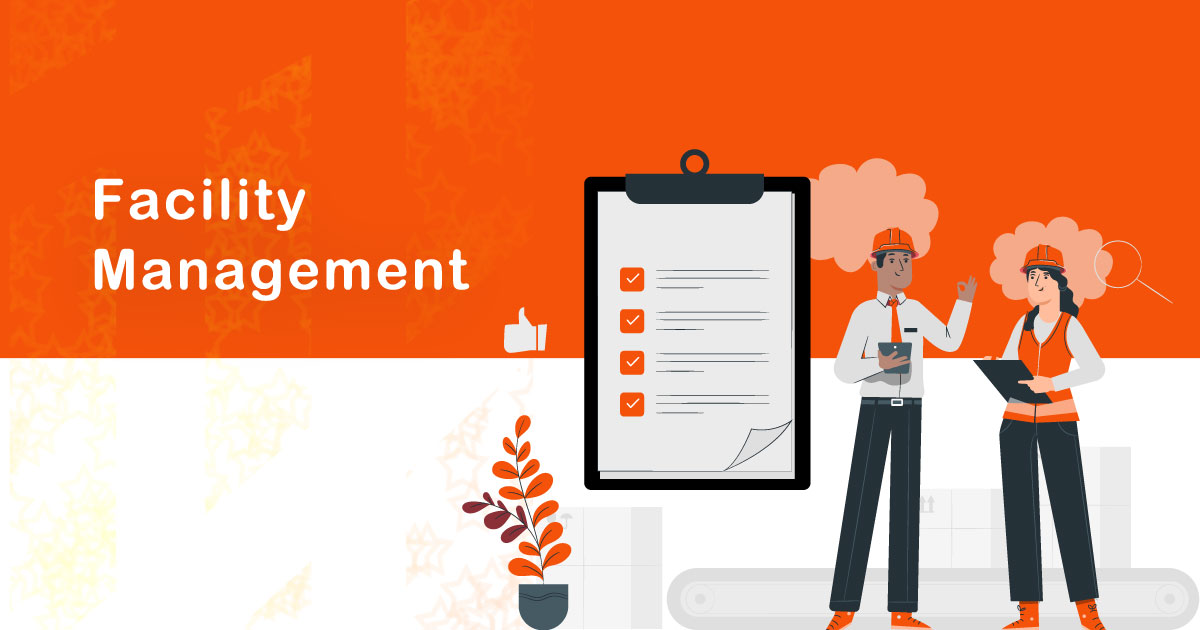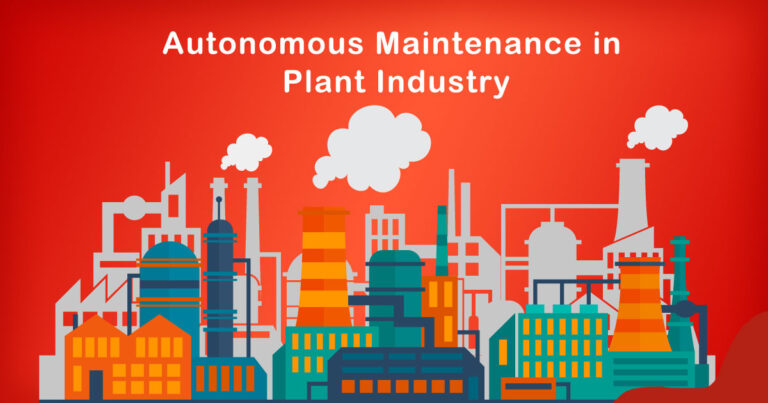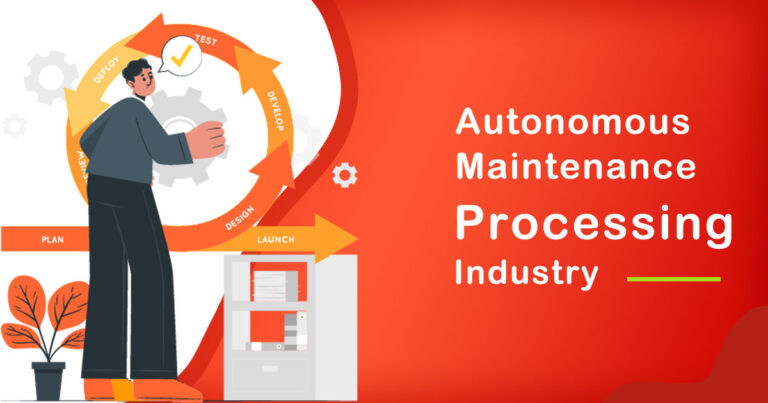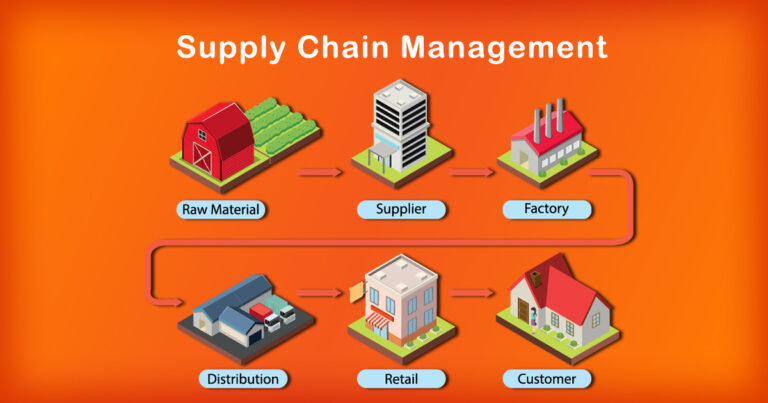Introduction
In today’s fast-paced world, organizations are increasingly recognizing the significance of efficient facility management in ensuring smooth operations, optimal productivity, and a conducive work environment. In an Indian context, where businesses are thriving amidst diverse challenges, facility management plays a pivotal role in achieving sustainable growth. This article aims to provide a comprehensive overview of facility management, its key components, benefits, challenges, and its impact on businesses in India.
1 Understanding Facility Management
Facility management encompasses a wide range of activities aimed at maintaining, optimizing, and enhancing the physical environment and infrastructure of a building or facility. It covers everything from the maintenance of electrical and mechanical systems to the management of cleaning, security, space utilization, and more.
2 Key Components of Facility Management
a. Maintenance Management:
One of the primary responsibilities of facility management is to ensure that all systems and equipment are well-maintained and in optimal working condition. This includes preventive maintenance, regular inspections, and addressing breakdowns promptly.
b. Space Management:
Efficient space utilization is crucial for cost optimization and enhanced productivity. Facility managers analyze space requirements, plan layouts, and ensure that every square foot is utilized effectively.
c. Health and Safety Compliance:
Ensuring a safe and healthy work environment is paramount. Facility managers adhere to relevant regulations, conduct risk assessments, and implement safety measures to prevent accidents and injuries.
d. Security Management:
Safeguarding the facility and its occupants is a top priority. Facility managers devise security protocols, implement access control systems, and monitor surveillance to mitigate security risks.
e. Sustainability Initiatives:
With a growing focus on sustainability, facility management plays a vital role in promoting eco-friendly practices, energy efficiency, waste management, and green building certifications.
3 Benefits of Effective Facility Management
a. Cost Savings:
Well-planned maintenance and energy-efficient measures result in cost savings for businesses. Proactive facility management reduces the risk of costly breakdowns and extends the life of equipment.
b. Improved Productivity:
A well-maintained and comfortable workspace fosters productivity and employee satisfaction. Facility managers ensure that the physical environment is conducive to work.
c. Compliance and Risk Mitigation:
By adhering to regulations and implementing safety measures, facility management minimizes legal and operational risks.
d. Enhanced Asset Value:
Regular maintenance and upgrades positively impact the asset’s value and marketability in the long run.
e. Focus on Core Business:
Outsourcing facility management allows businesses to focus on their core competencies while leaving non-core activities to experts.
4 Facility Management in the Indian Context
In India, facility management is rapidly evolving, driven by factors such as urbanization, the rise of commercial real estate, and the growing emphasis on quality workplaces. As the corporate landscape becomes more competitive, businesses recognize the role of facility management in attracting and retaining top talent.
5 Challenges in Facility Management
Despite its significance, facility management faces certain challenges in the Indian context:
a. Skilled Workforce:
The availability of skilled facility management professionals remains a challenge, impacting the quality of services provided.
b. Regulatory Compliance:
Adhering to a complex web of regulations and obtaining necessary permits can be daunting.
c. Rapid Technological Advancements:
Keeping up with technology advancements and integrating them into facility management practices can be challenging for some organizations.
d. Cost Constraints:
Budget limitations may hinder the implementation of optimal facility management practices.
Conclusion
Facility management is an integral part of modern businesses, ensuring seamless operations, employee well-being, and cost optimization. In the Indian context, as the business landscape becomes more competitive, organizations must recognize the strategic importance of facility management in achieving sustainable success. By addressing challenges and leveraging the benefits, businesses can create an efficient and productive work environment that contributes to long-term growth and success.








